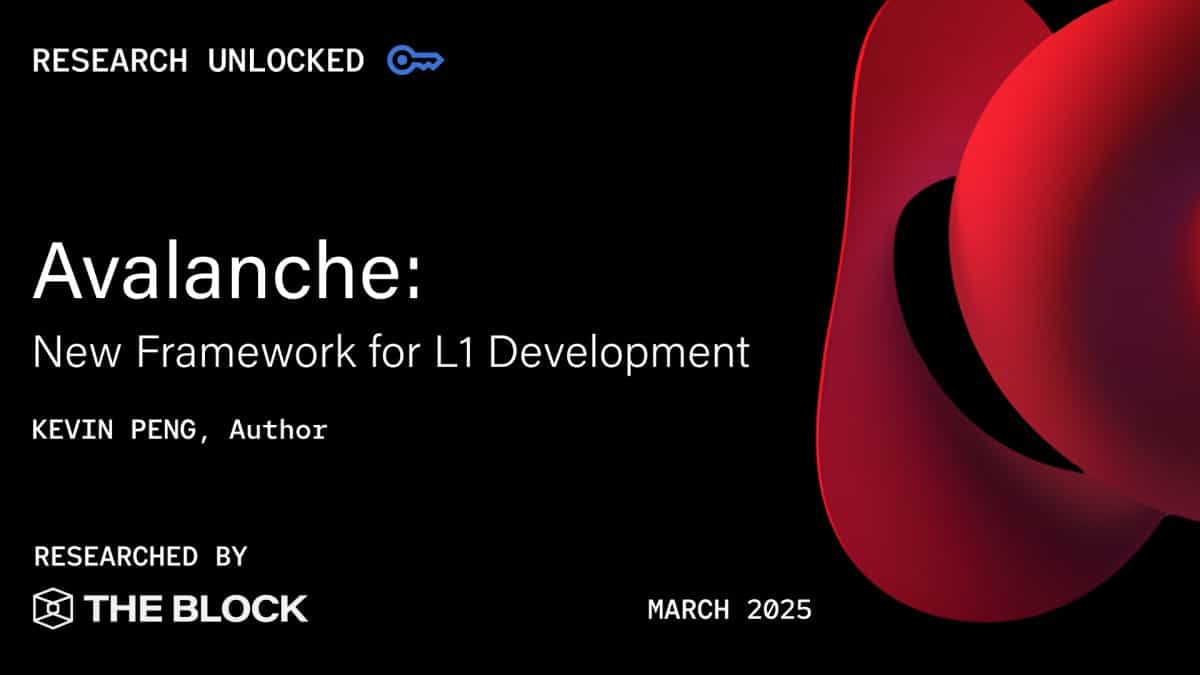News
Stay up-to-date on the most trending topics in crypto with our professional and in-depth news.

The RWA (Real-World Assets) sector has been gaining significant traction in the crypto space, as it tokenizes traditional assets like real estate and bonds to bridge the gap between TradFi and DeFi. This process unlocks trillions of dollars in potential value, while enabling broader access to high-value investments through asset fractionalization, increased liquidity, and lower entry barriers. RWA also diversifies and stabilizes DeFi collateral options, addressing the sector's over-reliance on crypto-native assets and paving the way for large-scale adoption. With regulatory frameworks becoming clearer worldwide, the compliance advantages of RWAs are increasingly evident—drawing in institutional capital. What sets RWA projects apart is their connection to real-world income streams like rent and interest payments, offering more sustainable returns than purely speculative assets. These cash-flow-generating features appeal to investors seeking steady returns. As such, RWA is seen as a crucial step in the evolution of blockchain technology from concept to practicality. Its development potential and practical use cases make it an important sector in the crypto industry today.


Recently, the BNB chain has seen a significant rise in both funds and user activity, accompanied by increasing market attention to its ecosystem. Following the Binance Alpha update, the barrier between Binance's main platform and the chain has been effectively removed, enabling CEX funds to trade DEX tokens. This development is poised to further enhance user and fund activity within the BNB ecosystem, driving strong potential demand for Binance Alpha-listed assets. This bodes well for the growth of the BNB ecosystem and highlights the importance of its core assets.

Over the past month, the cryptocurrency market has faced a downturn due to multiple factors. Global macroeconomic uncertainties, such as shifts in U.S. economic policies and the impact of tariffs, have heightened market anxiety. Meanwhile, the recent White House crypto summit failed to deliver any significant positive news for the crypto market, further dampening investor confidence. Additionally, fluctuations in market sentiment have led to capital outflows, exacerbating price declines. In this volatile environment, selecting stable and secure passive-income products is more crucial than ever. Bitget offers solutions that not only provide high-yield fixed-term products but also flexible options for users who need liquidity. Furthermore, with the added security of the Protection Fund, investors can earn steady returns even amidst market volatility.

Quick Take The Central Bank of Russia announced a new proposal to allow qualified investors to trade cryptocurrencies for a period of three years. The central bank stated that it still does not see crypto as a means of payment.

Over the past few weeks, BTC has repeatedly tested the $100,000 resistance level, briefly breaking through multiple times before failing to hold, resulting in sharp declines Altcoins have entered a technical bear market, though SOL has shown resilience during both downturns and rebounds. However, the trading frenzy surrounding Solana-based memecoins has cooled, while discussions of institutional unlocking have gained traction on social media. On the night of March 2, Trump announced plans to establish a strategic crypto reserve, explicitly mentioning BTC, ETH, XRP, SOL, and ADA. This statement briefly reignited market sentiment amid oversold conditions, triggering a sharp crypto rebound. However, macroeconomic conditions remain largely unchanged, and liquidity recovery is a gradual process. The rally sparked by Trump's comments quickly faded, suggesting the market may still face further downsides. The following recommendations highlight projects worth monitoring in the current cycle, though they may not yet have reached an optimal entry point.

Quick Take The blockchain scaling landscape is evolving beyond the modular vs. monolithic debate, with multiple approaches like app-specific L1s gaining traction alongside rollups and high-performance chains. The Avalanche Etna upgrade introduced major changes, including reduced transaction fees, dynamic fee structures, and greater flexibility for developers to launch independent L1s, boosting the network’s overall scalability Avalanche’s ecosystem is expanding, with growing adoption in DeFi, gaming, and S
- 16:42BlackRock Increases Holdings by 9,989 ETH, Valued at Approximately $26.47 MillionAccording to Arkham monitoring data, about two hours ago, BlackRock increased its holdings by 9,989 ETH, valued at $26.47 million, through its Ethereum exchange-traded fund ETHA from the CEX Prime hot wallet address. Historical transaction data shows that this is the third consecutive day BlackRock has increased its ETH holdings, having previously increased by 5,449 ETH and 8,162 ETH in the past two days, valued at approximately $34.34 million.
- 16:41Bitcoin Open Interest Across the Network Hits All-Time High, Surpassing $80 BillionAccording to Coinglass data, the open interest in Bitcoin futures contracts across the network is 724,350 BTC (approximately $80.64 billion), reaching a historical high. Among them, the open interest in CME Bitcoin contracts is 164,060 BTC (approximately $18.26 billion), ranking first; Binance Bitcoin contracts have an open interest of 121,870 BTC (approximately $13.57 billion), ranking second.
- 16:41Aptos: Unaffected by Sui Network Cetus IncidentAptos officially confirms that the vulnerability attack on Cetus DEX is limited to the Sui network, and the Aptos network itself, user funds, and its DeFi partners are unaffected. Currently, the Aptos security and engineering team has initiated a comprehensive audit and is closely monitoring the progress of the incident, working in collaboration with DeFi partners to ensure network security and stability.